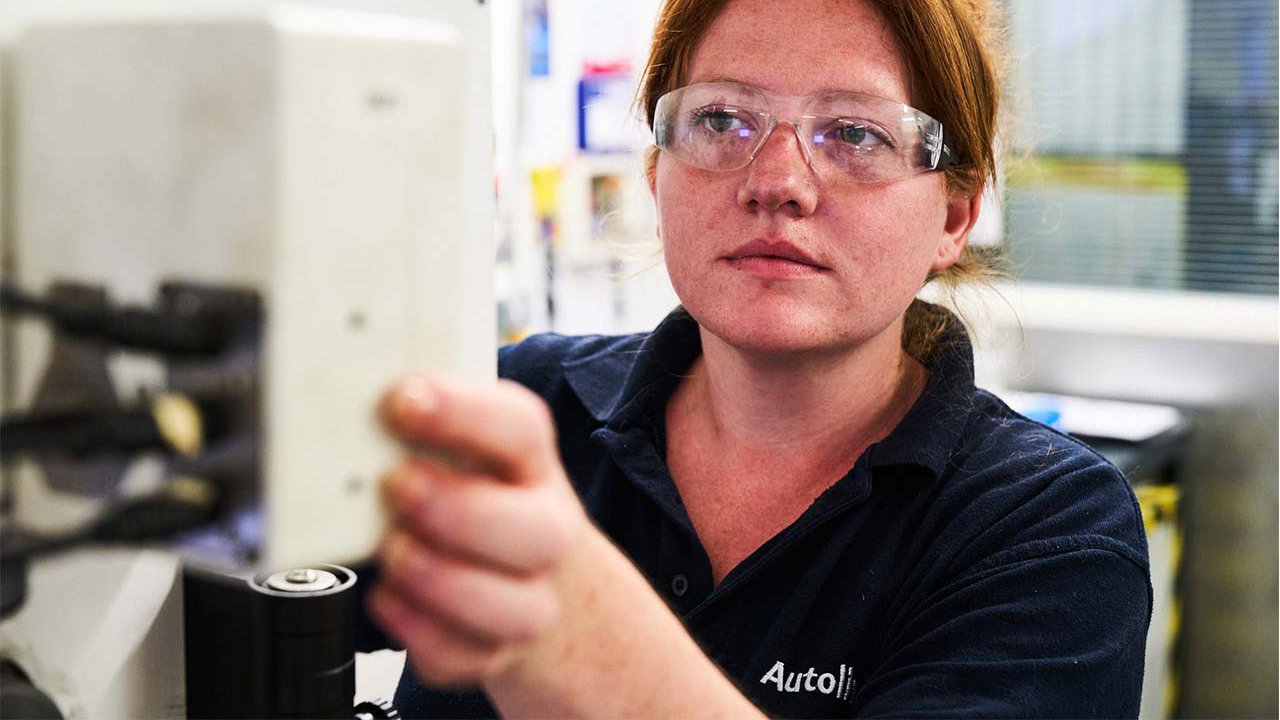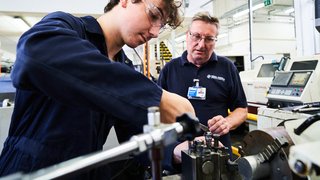Blogs, News and Case Studies

Are you considering a career in engineering but not sure where to start?
Well you’ve come to the right place!
With an average salary of £48,000, engineering can be a lucrative career path with many avenues and opportunities for advancement.
So if you want to learn more about engineering and get your foot in the door of an exciting industry, here are the qualifications you’ll need to get into engineering.
What does an engineer do?
An engineer is a person who designs and builds complex products, machines, systems, or structures. At its core, engineering is problem solving by using science, maths and technology to figure out the best way to create new things or to improve a product.
What engineering roles are there?
Engineers can work in a wide range of industries including food, automotive, rail, water and energy supply, construction and many more. Engineers often specialise in a specific branch such as civil engineering, electrical engineering, mechanical engineering, and chemical engineering.
Engineering roles range from entry-level Operator roles to mid-level Engineering Technician roles to senior roles like Chief Engineer.
Most common engineering qualifications
If you’re looking to become an engineer, there are two main qualification routes you can take to enter the industry: Engineering Degrees or Engineering Apprenticeships.
Engineering Degrees
Engineering degrees will give you a level 5 or Level 6 qualification in a chemical, civil, mechanical, general, or electronic engineering specialism. Depending on the higher education course provider, you may also undergo a temporary placement with an engineering team relevant to your specialism.
A full-time engineering degree will last roughly 3 years with an average annual tuition fee of £9,250. The average entry requirements for an engineering degree are AAB at A-Level or another Level 3 – 6 vocational qualification e.g. BTEC. According to UCAS, 76.9% of graduates go directly into employment.
Upon completing of your engineering BA Hons, you can go on to study a engineers as a masters degree,
Engineering Apprenticeships
With an engineering apprenticeship, you will spend up to 80% of your time working with a relevant employer in the engineering sector gaining first-hand work experience and making valuable connections.
Most employers recruit their apprentices as full-time staff once the apprenticeship has been completed since they have invested time and effort into developing the perfect skills for the business.
Our engineering apprenticeships are Level 3 qualifications which are often more suitable than engineering degrees for those with lower A-level grades since the entry requirements are simply passing GCSE grades.
While an engineering apprenticeship lasts at least as long as a degree (three years), you have the added benefit of earning an apprenticeship wage while you learn and no tuition fees to pay – in fact, your qualification will be funded (at least in part) by the apprenticeship levy.
I wanted to gain on-the-job experience while completing the engineering qualifications and coursework, and Total People seemed to offer this the best.
Total People Engineering Apprentice, working with Sodexo.
Engineering is an increasingly competitive field to break into, why not give yourself the advantage of a wage, hands-on experience, and industry connections by completing an apprenticeship.
Take a look at our engineering apprenticeships to get your career started.

Our Apprenticeship Paths
Total People offer apprenticeships in a variety of different industries.
Explore

